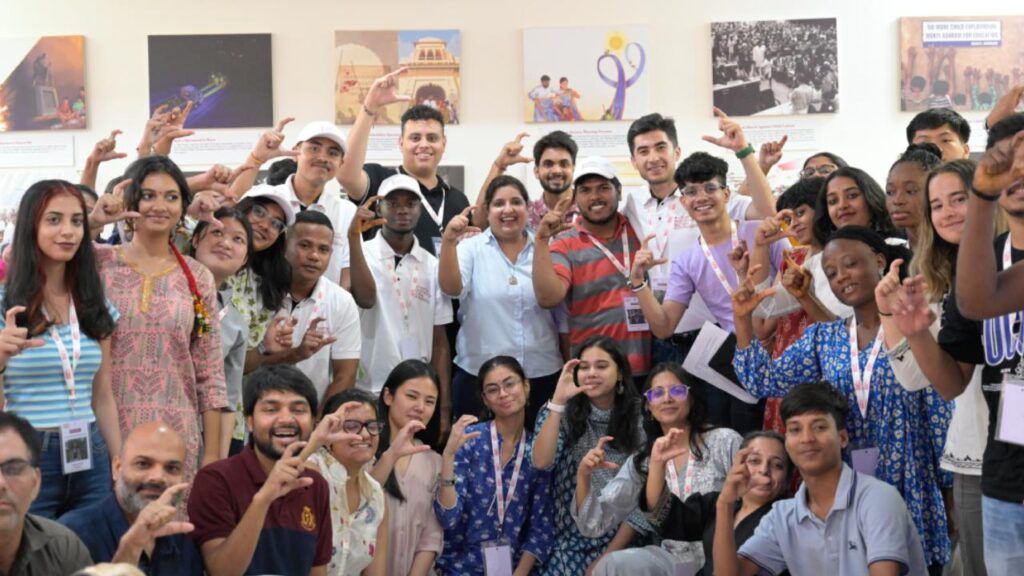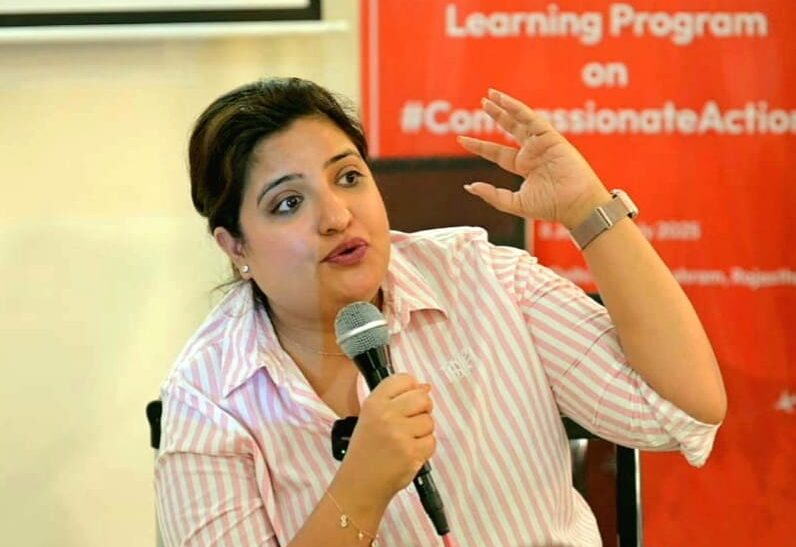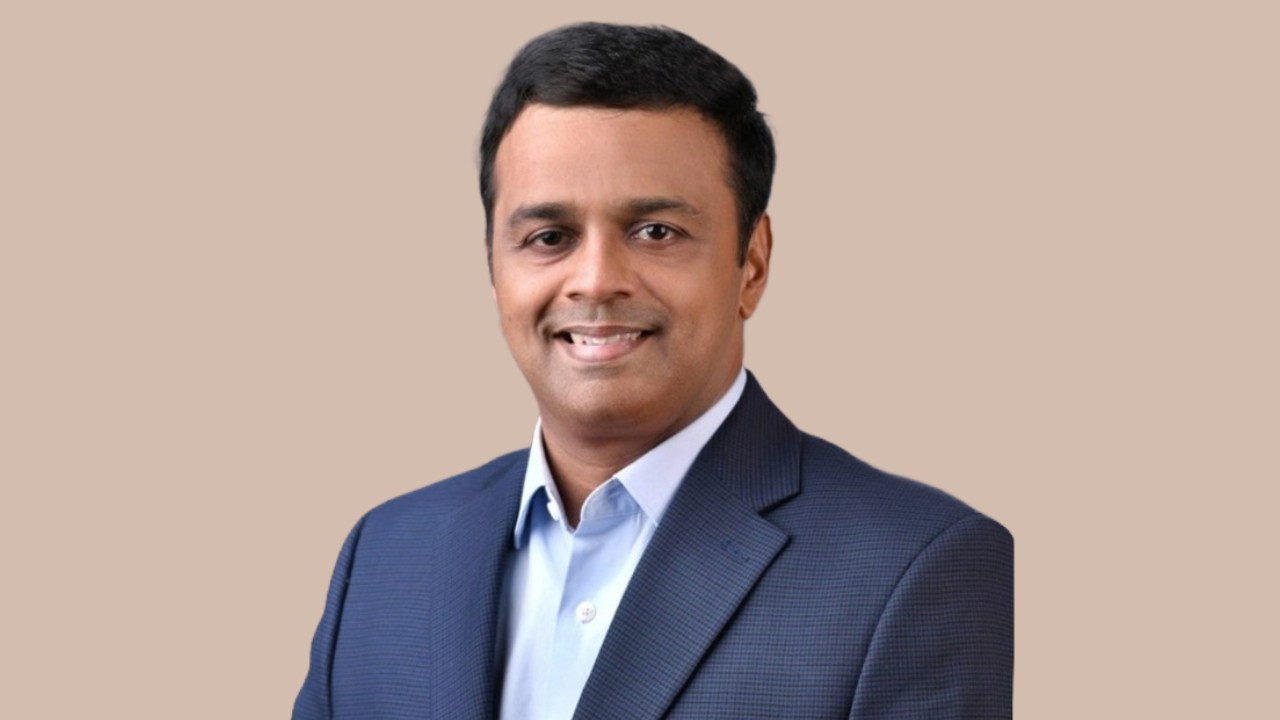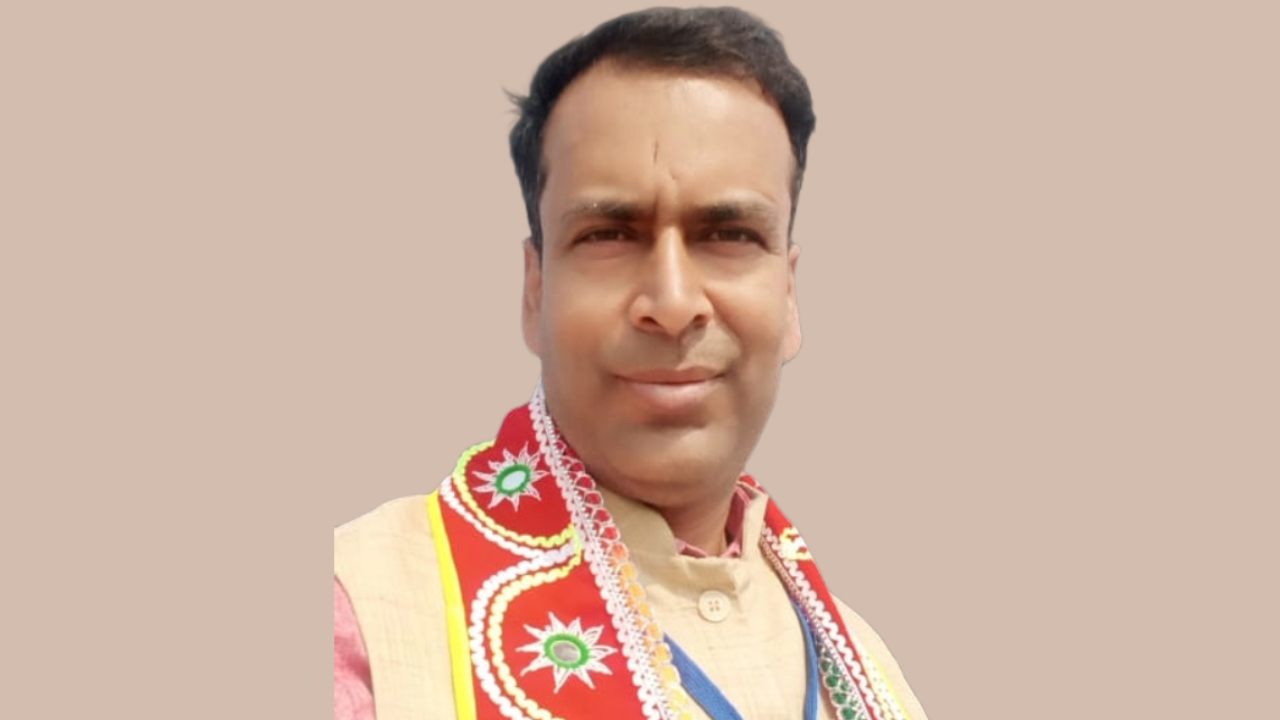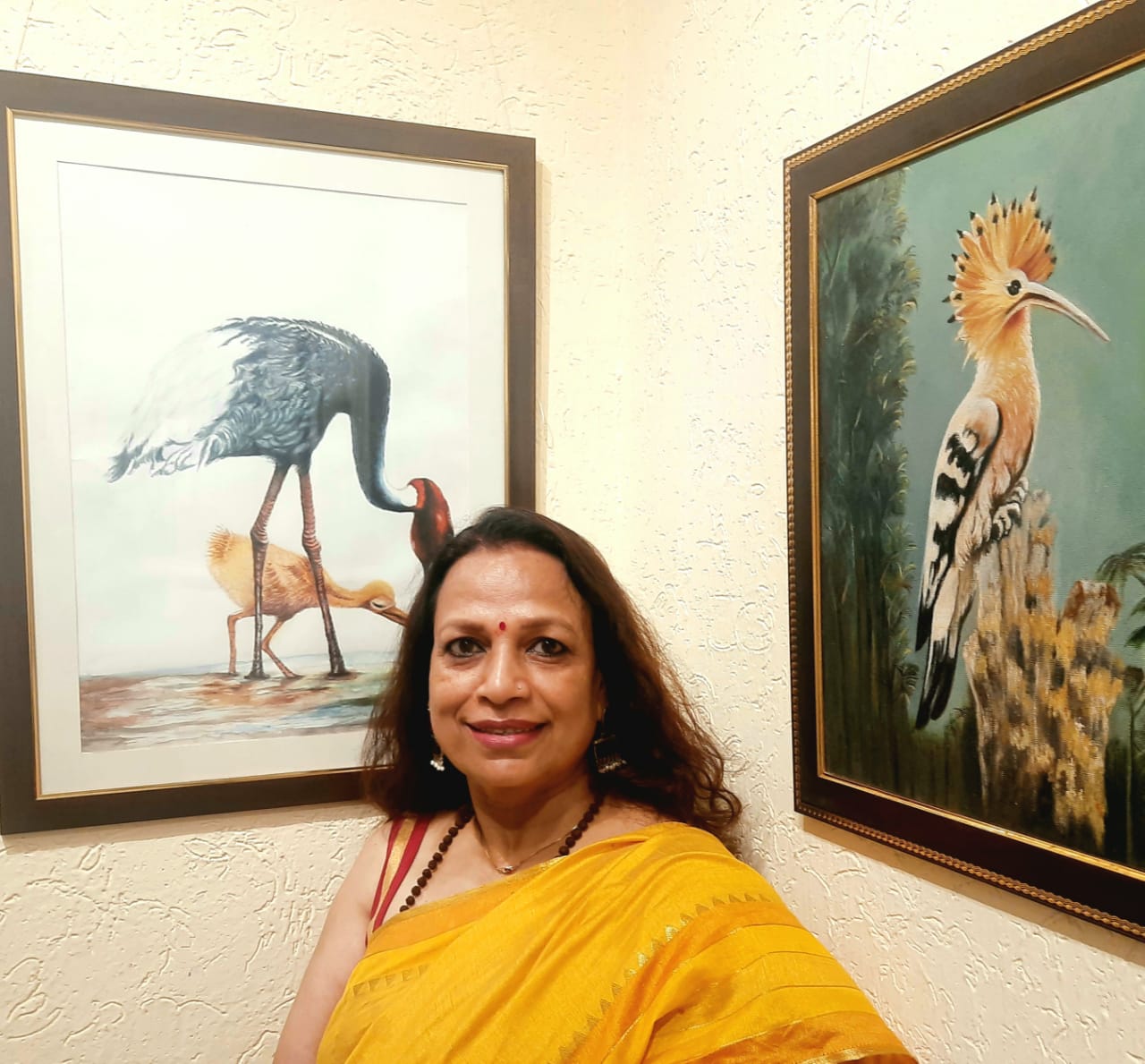Nobel Peace Laureate Kailash Satyarthi’s credo animates every facet of the Satyarthi Movement for Global Compassion (SMGC). Acting on that vision, the organisation has just unveiled the world’s first Compassionate Action initiative—the Satyarthi Summer School. The month-long programme, already in full stride from 8 June to 5 July, immerses participants in compassion-driven practice. Moreover, it equips them with actionable tools to convert compassion into sustained impact.
Asmita Satyarthi, the movement’s dynamic CEO, explains the school’s genesis to The Interview World. First, she underscores compassion as the programme’s unshakeable foundation. Next, she outlines a curriculum that fuses rigorous theory with hands-on service, thereby forging resilient change-makers. Finally, she forecasts the ripple effect: young minds leave not merely inspired but armed to catalyse global transformation.
In short, the Satyarthi Summer School advances a bold premise—compassion is not a feeling to admire but a force to deploy.
Q: What inspired the creation of the Satyarthi Summer School, and what core objectives does it aim to achieve?
A: I have always trusted the vigour of youth to trigger seismic, enduring change. Many children we once rescued from brutal exploitation now stand tall as advocates, championing justice and freedom for the marginalised. Satyarthi Summer School exists to kindle that same fire in the next generation of leaders—urging them to remake the world through deliberate, compassionate action.
Inspired by my father, Nobel Laureate Kailash Satyarthi, we at the Satyarthi Movement for Global Compassion reject the notion that compassion is merely gentle. Instead, we wield it as a bold, disruptive force capable of dismantling entrenched injustice and building resilient systems that protect every child.
Therefore, our Summer School moves the classroom into the real world. Rather than theorising in boardrooms, participants work shoulder to shoulder with children, communities, and survivor leaders across India. This living laboratory answers Kailash Satyarthi’s call to globalise compassion—not as sentiment but as decisive practice.
For thirty fully funded days, twenty-six emerging changemakers, aged 18 to 30, converge at our rehabilitation and leadership hubs—Mukti Ashram in New Delhi and Bal Ashram in Rajasthan. They hail from Liberia, Ukraine, the United States, Cameroon, Vietnam, Tajikistan, Mexico, Palestine, Timor-Leste, Nepal, Bhutan, and India. Together they confront urgent challenges—child rights, climate justice, youth empowerment, public health—by applying the Satyarthi Compassion Quotient™ framework, which blends mindfulness, courage, and moral accountability into rigorous problem-solving.
Interest surged worldwide. Nearly 1,300 applicants from more than 250 universities across 22 countries raced to join; the selection process demanded exceptional grit, vision, and commitment. Those chosen now immerse themselves in frontline realities, forging solutions that echo far beyond the Ashrams.
In short, Satyarthi Summer School transcends a typical program. It initiates a movement—one that cultivates fearless leaders determined to craft a fairer, safer, and more sustainable planet.
Q: How does direct engagement with marginalised communities shape a young person’s perspective on social justice and inequality?
A: This groundbreaking immersive program will reshape a young participant’s worldview. First, it shatters comfortable preconceptions and ignites a keen sense of urgency. When students live alongside rescued child labourers at Bal Ashram, visit Banjara Education Centres, and converse with families in child-friendly communities, they confront realities their own socio-economic bubbles often conceal. These encounters compel them to examine—then question—their role in either sustaining or dismantling structural inequities.
Next, the program transforms observers into doers. Through hands-on projects—storytelling, documentary photography, investigative writing—students collaborate with local change agents to craft tangible solutions. As they shape narratives and share them with the wider world, they discover their own capacity to influence entrenched systems. Every captured image, every meticulously chosen word, reinforces the conviction that meaningful change begins with individual initiative.
Moreover, the experience forges a vital link between local struggles and global challenges. Students quickly recognise that the injustices they witness echo across borders. Consequently, they return home equipped not only with insights but also with actionable frameworks. They can adapt field-tested strategies to address disparities in their own communities, galvanising peers and stakeholders with newfound credibility.
Ultimately, this program cultivates empathetic, action-oriented leaders. By blending immersive exposure with creative problem-solving, it ensures participants leave not as passive sympathisers but as informed advocates ready to confront inequity wherever it appears.
Q: How does a 30-day immersion in compassion, coupled with the opportunity to learn from Nobel Peace Laureate Kailash Satyarthi, transform our understanding of what it takes to create meaningful change?
A: Young leaders prize the rare chance to sit with a visionary who has mobilised mass movements, shaped landmark laws, and personally helped liberate 132,000 children from labour, slavery, and trafficking. In that moment, they witness—up close—the seismic force one conscience can unleash.
First, the encounter strips away any notion that impact must be incremental. They see, instead, how a single spark of compassion can ignite a sweeping national tide. Moreover, his stories—each one rooted in fearless fieldwork—reveal that lasting reform demands more than ideals; it calls for audacious, hands-on action.
Next, he drills home a sobering truth: structural injustice buckles only under sustained, grassroots pressure. He details the day-to-day grind—doorstep conversations, courtroom battles, parliamentary lobbying—that transforms outrage into policy. Consequently, the room shifts. Inspiration solidifies into resolve.
Finally, he hands them a blueprint. He shows that with courage, consistency, and community, even the largest obstacles become negotiable. They leave knowing they, too, can convert righteous anger into measurable change—and they feel compelled to start now.
Q: Beyond the core curriculum, what unique experiences can participants look forward to at the Satyarthi Summer School—particularly the opportunity to engage with global thought leaders?
A: Beyond immersive fieldwork, we have curated incisive sessions led by global luminaries. First, Gabriela Ramos—UNESCO’s Assistant Director-General for Social and Human Sciences—sets the strategic tone. Next, Pramath Raj Sinha, founding chairman and trustee of Ashoka University, brings entrepreneurial daring. Then Vivek Gambhir, venture partner at Lightspeed India, injects market acuity. Likewise, Pavan Mamidi, who directs Ashoka’s Centre for Social and Behaviour Change, offers evidence-based rigor. Finally, Lisa Kristine, the celebrated humanitarian photographer, lends a lens of compassion. Together, their lived experience distils into actionable insight. As a result, emerging professionals will receive a masterclass in leading with compassion—and leave equipped to translate vision into impact.
Q: In a world often driven by competition and individual success, what does it truly mean to lead with compassion—and why is it more relevant than ever today?
A: Competitive leadership feeds on ego, short-term wins, and personal gain. Compassionate leadership rejects that narrow view. Instead, it champions collaboration, sharpens critical thinking, and elevates communication. Together, these forces produce inclusive answers and build societies that withstand shocks. In this model, success means lifting others as you rise. The result? Compassion—not competition—powers durable progress with a deeper moral and social footprint.
Q: How does the Satyarthi Summer School contribute to advancing the vision and mission of the Satyarthi Movement for Global Compassion?
A: Wars fracture nations. Systemic injustice corrodes institutions. Extremism spikes to historic highs. Meanwhile, the most vulnerable absorb the shock: they suffer displacement, poverty, and voicelessness. Loneliness spreads, severing the social fabric and breeding apathy.
Against this bleak backdrop, the Satyarthi Summer School answers with bold resolve. It refuses to accept despair as destiny. Instead, it globalises compassion—turning a moral imperative into a practical curriculum. Participants examine inequity, then design solutions that lift communities rather than just individuals. They learn to lead through compassion, rally diverse teams, and translate outrage into organised, measurable impact.
Yet the Summer School marks only the beginning. At its close, we will launch the Satyarthi Fellowship, extending SMGC’s storied legacy of compassion-driven action. Fellows will not retreat to ivory towers. Rather, they will anchor “Compassion Circles” on every continent, embedding the programme’s principles in local realities. Each circle will mentor new leaders, mobilise resources, and hold power to account—creating a multiplying effect that outpaces the forces of hate and indifference.
Thus, a single summer catalyses a worldwide network. The result? A rising cohort of Compassionate Leaders ready to confront inequality with courage, creativity, and unshakeable humanity.
